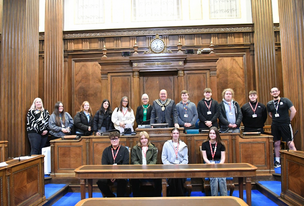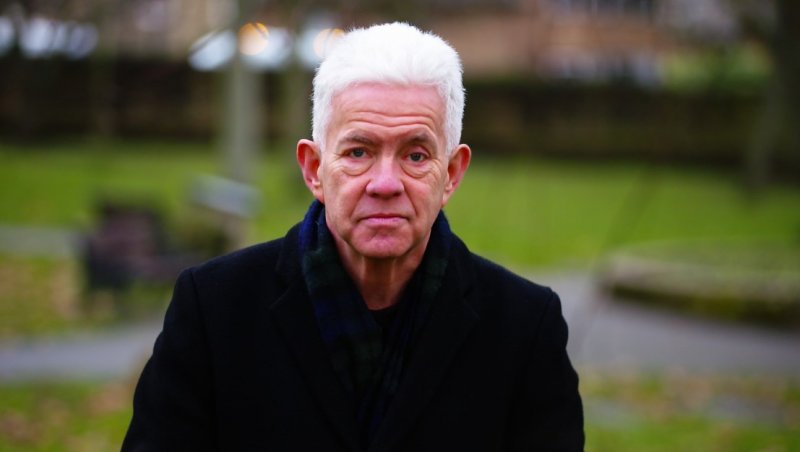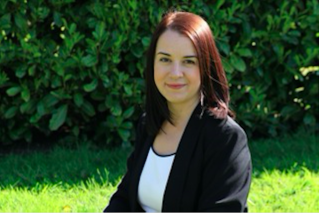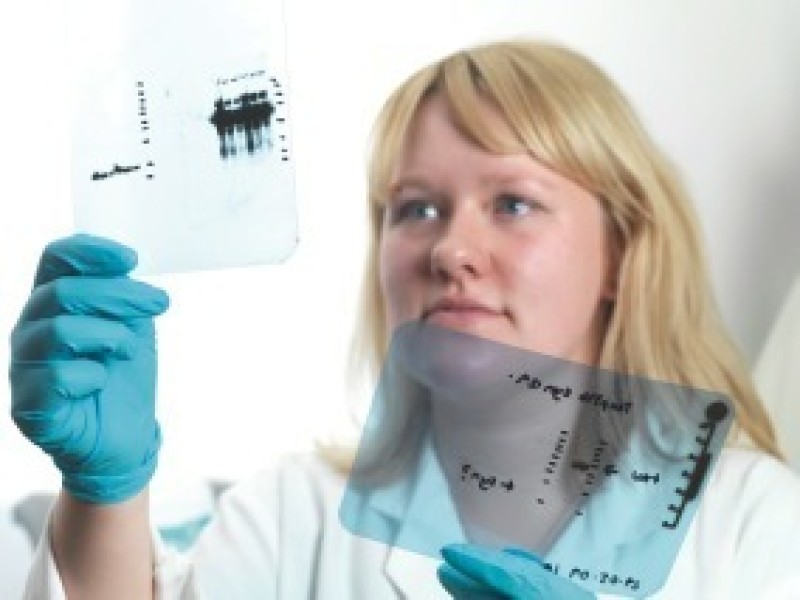BARNSLEY-born doctor Selina Wray has won a top award for her outstanding research into the causes of dementia.
Selina, who works at University College London, has dedicated the past ten years of her career to research into dementia, which affects about 850,000 people in the UK.
She has been crowned the David Hague award winner, which recognises the most outstanding early career researcher in the field of biomedical dementia research, receiving £25,000 in research expenses and also a £1,500 personal prize.
The announcement comes as the 35-year-old prepares to present her cutting-edge research using stem cells to unravel the causes of dementia.
Selina, who grew up on St George’s Road in Barnsley, and went to Barnsley College, investigates how a certain protein which builds up in the brain during Alzheimer’s disease and dementia causes damage to nerve cells in the brain.
She won the award at the Alzheimer’s Research UK Conference, which is the largest annual gathering of dementia researchers in the country and attracts the brightest minds from across the globe.
Alzheimer’s Research UK is a major funder of Selina’s work, however, this prize also recognises her involvement outside the laboratory - hosting lab tours for supporters and politicians, speaking at public events, and appearing in the media.
Selina said winning it is a huge privilege as it is the first year it has been given in honour of Dr David Hague, a man who made an important contribution to understanding how thalidomide caused damage to unborn children. Sadly, soon after his retirement as a GP, David developed Alzheimer’s disease and died in 2015 aged 73.
Selina said: “It’s the first time this prize has been recognised as the David Hague award and his story just resonated with me.
“Nowadays being a scientist is more than just sitting in a lab doing experiments and winning this award reflects the wider work I have been able to do with Alzheimer’s Research UK.
“Breakthroughs in stem cell technology have opened up new and exciting avenues for dementia research.
“My work involves using the latest research techniques to better understand how a protein, which we all have supporting nerve cells in the brain, starts to go wrong in diseases like Alzheimer’s.
“By shedding light on this important aspect of Alzheimer’s, I hope that my research will pave the way for new ways to tackle the disease.”
Dr David Reynolds, chief scientific officer at Alzheimer’s Research UK, congratulated Selina on her win and heaped praise on her contribution to research, adding: “We’re delighted to be able to support a passionate dementia researcher like Dr Wray as she works to unravel a process that underlies two forms of dementia which cause heartbreak to so many.
“There are 850,000 people currently living with dementia in the UK, and with this number set to grow to more than one million people by 2025, we urgently need to see more research funding to help find new treatments for the condition. Dementia is the greatest medical challenge of our generation and it requires a concerted response to tackle it effectively.”




























